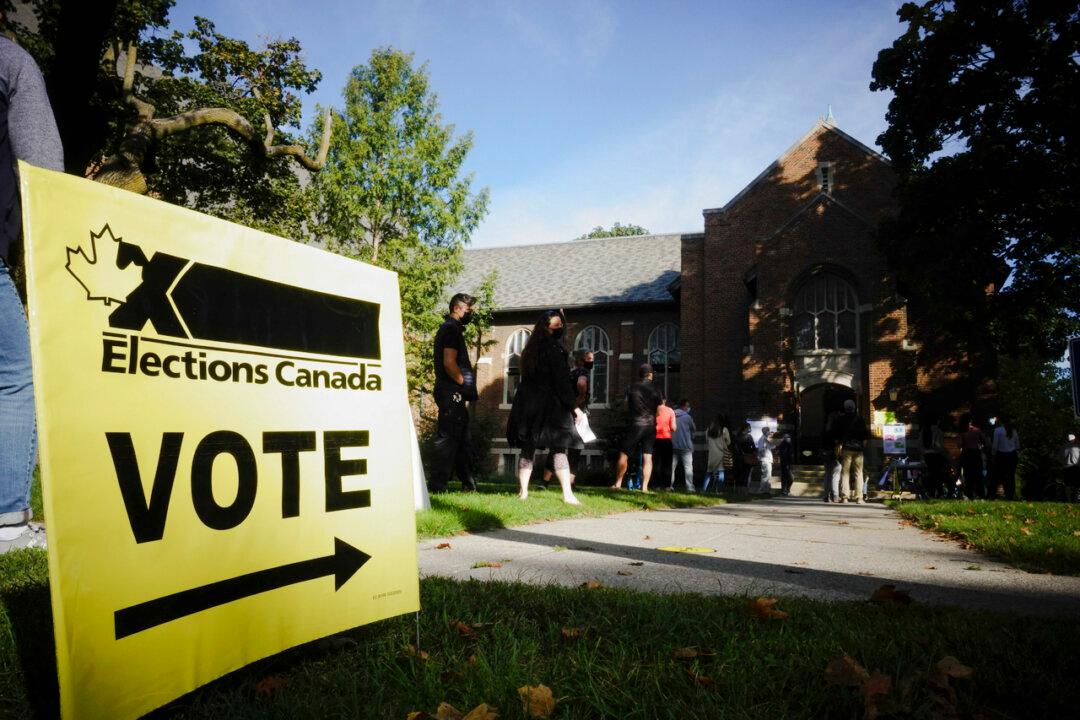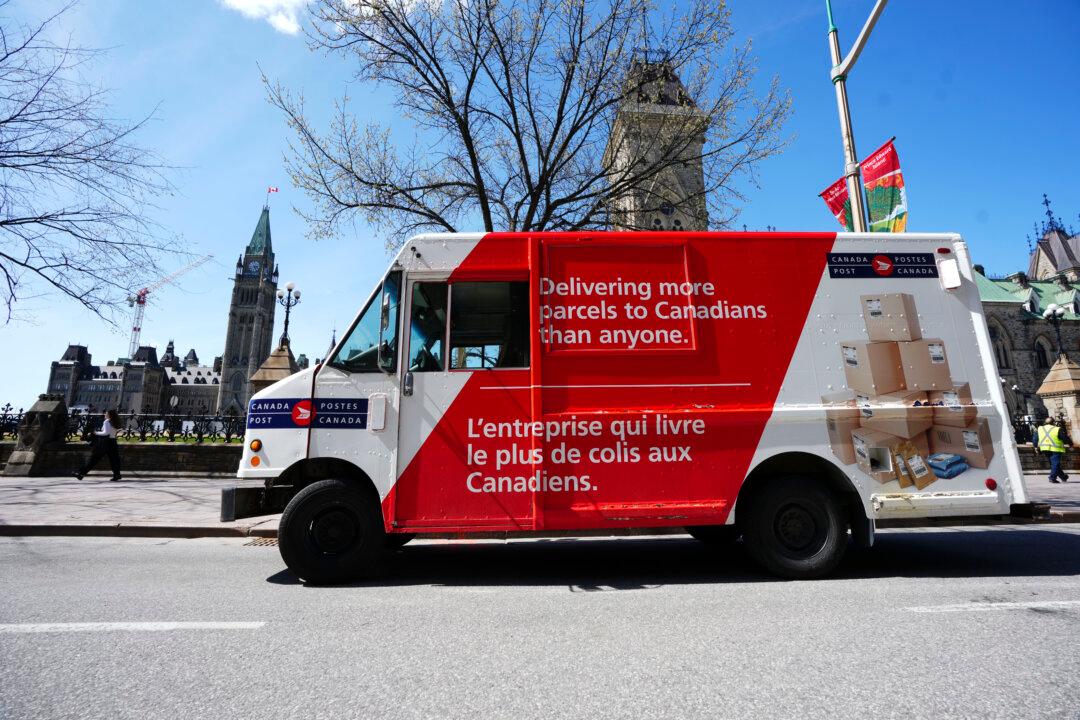Commentary
When you’re a citizen living in a democratic country, you have certain rights and privileges that a non-citizen wouldn’t have. One of them is the right to vote. In turn, citizens who are able to participate in the election process should also be the ones who discuss and determine the rules of voting in their communities.





